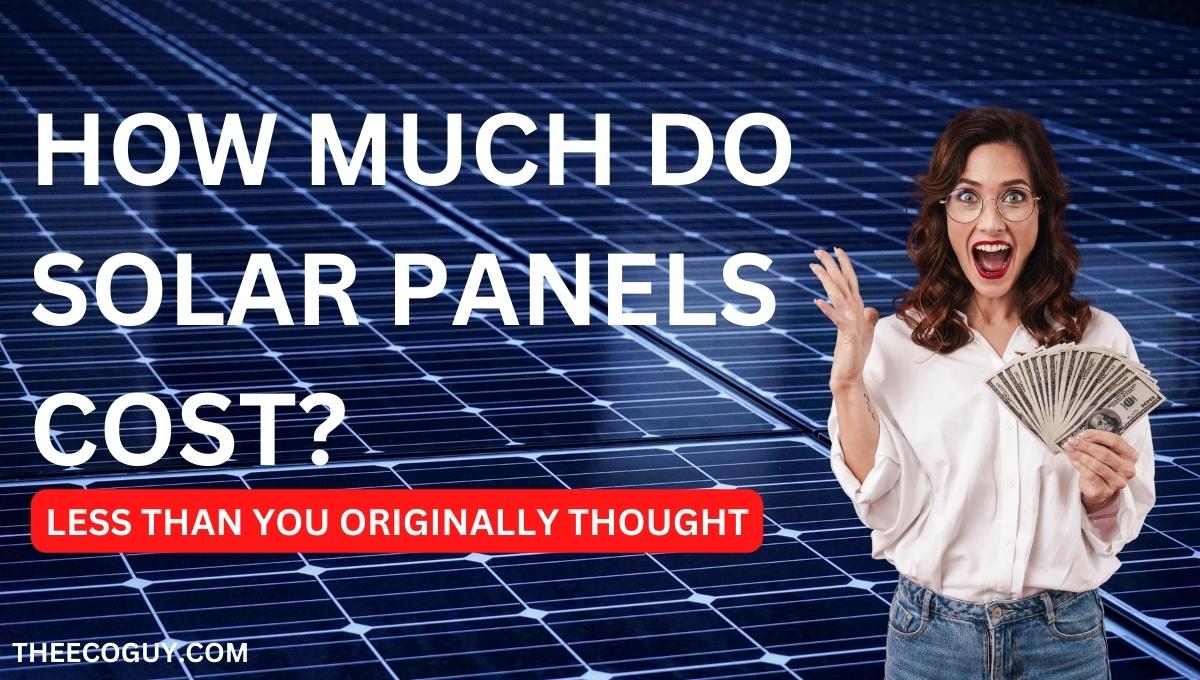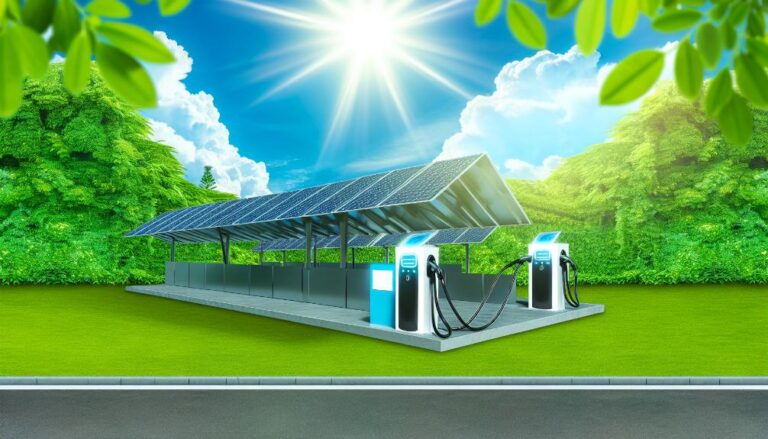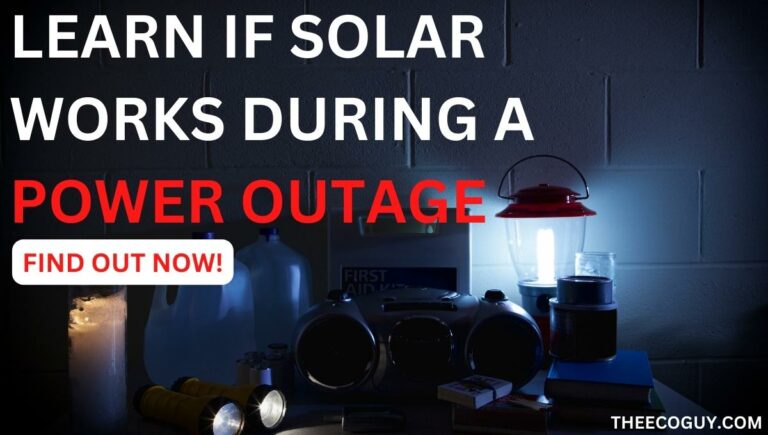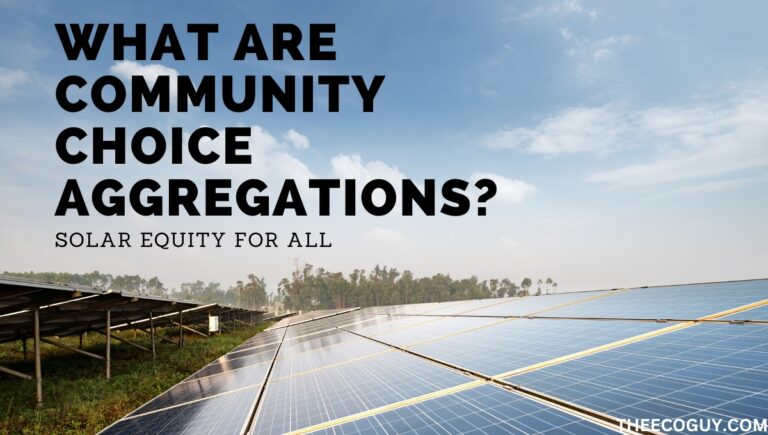How Much Do Solar Panels Cost? (Less Than You Thought)

It’s no secret the cost of solar can be expensive. However, with the rise in technology, solar prices have dropped significantly over the years.
Many people may not know but solar may be more affordable than you think. The amount of energy you consume and the size of your roof are some questions to ask. So, how much will it cost?
A typical home system costs anywhere from $10,000 to $25,000 after incentives such as tax credits and rebates are applied. The cost of solar power will depend on how much energy is needed, the type of equipment used, and the installer’s fee.
It is important to research different options and talk to several installers before making a decision. The cost of solar power will also depend on the amount of energy you plan to use, with larger systems typically costing more than smaller ones. In addition, the quality of the equipment used can affect the overall cost.
In this blog, we will explore the different factors that go into calculating the cost of home solar, so you can make an informed decision about whether or not it is right for your needs.
Factors Affecting Home Solar Cost
The cost of a home solar system depends on several factors, including the size of the system, the type of equipment used, installation fees, and available incentives.
- Size: The amount of energy needed will determine how large the solar array needs to be. The size and number of panels required for a given installation will affect the overall cost.
- Equipment: Different types of solar technology are available, and the cost will vary accordingly. Photovoltaic (PV) panels are the most common type used in residential installations. Other equipment that may be included in a home system includes mounts, inverters, wiring, and batteries for energy storage.
- Installation Fees: Solar installers typically charge a fee for their services, which can vary greatly from one installer to another. It is important to shop around to get the best deal.
- Incentives: Many states and localities offer incentives such as tax credits and rebates that can help reduce the cost of solar power. It is important to research the incentives available in your area before making a decision.
Does My Location Matter?
Yes, the location of your home can affect the cost of a solar system. Solar panels need direct sunlight in order to generate energy, and the amount of sunlight received varies depending on geography. Some areas will receive more direct sunlight than others, which can impact the overall cost.
Do Solar Companies Charge for an Assessment of My Roof?
Typically, solar companies waive the cost of an assessment. This allows them to access your home and determine the necessary size and type of system that will best meet your needs.
They can also provide information about available incentives in your area, which can help lower the overall cost of installation. Most solar companies also use a drone to take pictures of the roof for an assessment.
This helps them to get a better understanding of the layout and any potential issues that could arise during installation.
Are There City, County, and State Fees?
Yes, there may be fees associated with installing a home solar system. These can vary depending on the city, county, and state regulations in your area, so it is important to research these before starting a project.
Common fees include permit applications and inspections from local governments. Additionally, some states require a specific solar energy certification for installers of residential solar systems.
Sometimes solar installers bundle these fees into one flat rate, so it is important to ask about this upfront.
Are There Utility Fees for Interconnectivity?
Yes, this fee is usually included in your solar installer’s quote. This fee covers the interconnection of your solar array to the utility grid in order to access net metering benefits and is usually a set fee based on state or local regulations. It is important to note that this fee may vary depending on the type of system you choose.

When Should I Have My Home Solar System Installed?
It is best to install your home solar system when the weather is nice, ideally during the spring or summer months. This ensures that the solar panels will receive maximum sunlight and generate the most energy possible.
How Long Does It Take From Start to Finish for Solar?
A typical solar installation takes several weeks to months from start to finish. This time frame can vary depending on the size and complexity of the system, as well as any permitting or inspections required by local governments.
It is important to work with a reputable installer who will keep you informed throughout the process so that you know exactly what to expect. Solar panel and equipment shortages can also lead to delays, so be aware of this when making your decision.
Ultimately, the timeline will depend on the solar installer and local regulations.
Are There Net Energy Metering Incentives Available?
Net energy metering (NEM) is an incentive offered by many states and utilities that allows homeowners to receive credits for the surplus electricity their solar systems generate. This can help offset some of the costs associated with installation.
It is important to research what incentives are available in your area before making a decision, as these policies vary from state to state.
Additionally, some utilities may have specific requirements for NEM eligibility, such as system size or panel orientation. NEM may help offset the cost of installation and can make solar a more attractive option for many homeowners.
How Much Solar Incentive Will I Receive?
The amount of incentive will depend on your state and county’s regulations, as well as the size of your system and the amount of energy generated. Some states may offer additional incentives such as tax credits or rebates to help offset the cost of installation.
Solar companies may also offer rebates or discounts for installing solar. Solar panel manufacturers may also have special rebate offers from time to time, so it is a good idea to check with them as well.
Estimating the Total Cost for Home Solar Installation
In order to get an accurate estimate of the total cost of home solar installation, you will need to consider several factors. First, determine how much energy you will need and the size of the system needed to meet that demand.
Then, evaluate different types of equipment and look into available incentives. Finally, consider any installation fees or financing options available.
With this information, you can get a better understanding of how much home solar will cost in your area.

What Are Some Financing Options?
For those who do not have the upfront funds to purchase a home solar system, there are several financing options available. Solar companies offer different types of loans and leases that allow homeowners to pay for their systems over time.
It is important to research these options carefully, as some may come with hidden fees or other restrictions.
Ultimately, the cost of home solar will depend on individual needs, the size of the system, and any incentives available in your area. It is important to do your research and talk to installers before making a decision.
With careful planning and consideration, you can find a solar solution that works for your budget and meets your energy needs.
Additional Considerations for Home Solar Cost
In addition to the factors discussed above, there are other considerations that may impact the cost of home solar. The warranty period for components should be taken into account, as some warranties may last longer than others.
Additionally, maintenance costs can also add up over time, so it is important to factor those in when estimating a budget for home solar installation.
The average warranty for home solar systems is 10-25 years, but it is best to check with the manufacturer for specifics. Solar installers may also offer an installation warranty that covers any defects in the system or water leaks on the roof.
Finally, installation fees can vary greatly depending on the complexity of the project and any special permits or equipment required. Homeowners should ask potential installers about their fees in advance, as they are typically not included in the price of the equipment.
Finding the Right Home Solar Installer
Finding local, trusted solar installers is an important part of the process when it comes to home solar costs. Look for companies that are certified and have experience installing residential solar systems.
Ask friends and family for their recommendations, or check out online reviews. It is also a good idea to get several quotes from different providers before deciding on an installer or system.
Having multiple quotes will give you a better idea of what is available in your area and help you compare costs.
Do not let sales representatives pressure you into making a decision on the spot, as you may be able to get a better deal by taking your time and doing some comparison shopping.
Wrapping It Up
The cost of solar installation is a complex topic that can vary greatly depending on your location and the size of the system you want to install. Take your time when researching different solar companies, considering all factors involved in installation costs such as permits, warranties, and incentives.
With careful planning and research, you can get an accurate estimate of how much a home solar system will cost in your area.
By taking advantage of available incentives and rebates, you may be able to save money in the long run while also helping to reduce your carbon footprint.
This blog has provided an overview of home solar costs and considerations when finding a solar installer. With the right information and resources, you can find a reliable installer that meets your budget and energy needs.
Good luck and happy solar shopping!







